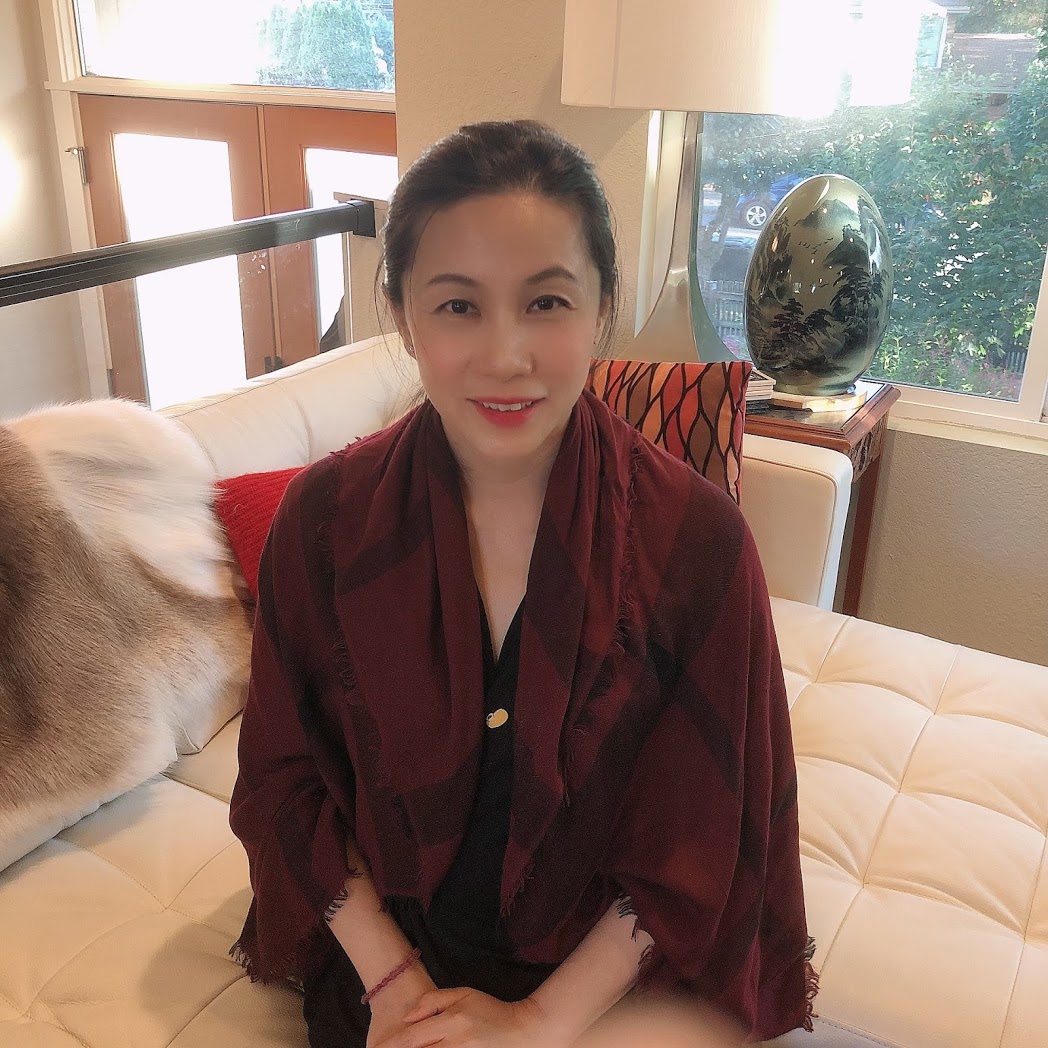By Mahlon Meyer
Northwest Asian Weekly
WeChat has traditionally been used by the Chinese American community to keep in touch with relatives in China and form new social connections here, and used for almost every aspect of communication with other Chinese Americans.
For instance, it is used to relay messages from local school districts to new arrivals whose English was still rudimentary. All important announcements from the Bellevue School District and other nearby districts were translated into Chinese by Chinese American PTSA members and shared on WeChat.
“This would give them the confidence and courage to go back and look through their emails to find the original message in English,” said Lily Yin, a member of the Bellevue School District PTSA council.
The Trump administration, claiming that WeChat and another Chinese app, TikTok, are threats to national security, has threatened to ban them from the United States. Some prominent cultural figures contend that such a ban would sorely impact the Chinese overseas community by cutting them off from each other and their relatives and friends in China.
For instance, a popular Chinese Malaysian deejay, with a large following in Seattle, has recommended that all overseas Chinese boycott the move by renouncing all Apple products, which would no longer be allowed to carry the apps. In China, noted Dato Jonathan Lim, “WeChat is not just a communication tool, but is used for purchasing, eating, drinking, and playing video games.”
“This would not just be cutting off an app, it would be cutting off access to an entire economy,” he said in a recent video.
For others, WeChat has meant the opportunity to start a new career.

Cecilia Yap used WeChat to host over 1,700 cultural events for the Chinese American community on the Eastside (Photo courtesy of Cecilia Yap)
Using WeChat, Cecilia Yap, a community ambassador for an assisted living company on the Eastside, coordinated over 1,700 cultural events at a cultural center for the local Chinese American community, including singing competitions, Chinese New Year celebrations, and Buddhist meditation and learning retreats. Some of the events brought in close to 500 people. But when the pandemic forced the closure of the community center, she switched gears and, with a background in finance, began to use WeChat to offer her services to community members that wanted to refinance their homes.
One feature that makes it appealing to Chinese users is its ability to scan the code of another user to make an instant connection, said Yap. That obviates the need to search by the spelling of a name, which can vary widely in English, she said.
Unlike popular American social media apps, WeChat does not have traditional advertisements. It does allow individuals to promote their own businesses, though. But users can easily block any unwanted solicitation.
Healthcare pitfalls exposed
During the pandemic, WeChat was used by Chinese American doctors to identify major flaws within the Chinese and U.S. healthcare systems and remedy them, according to leaders of local Chinese American medical and scientific organizations. In both countries, Chinese and Chinese American doctors were able to skirt official restrictions on information sharing and identify crucial deficiencies in the way both sides approached treating the coronavirus, they said.
Use of WeChat in China allowed Chinese doctors to share their inexperience with the stringent protocols needed to create intensive care units to care for patients, according to these leaders. Later, as the pandemic spread in Washington state, the same doctors and scientists used WeChat to communicate with their counterparts in other parts of the United States and China to obtain desperately needed personal protective equipment (PPE). In both cases, sensitivities in both countries made it impossible to share such information publicly. In China, where the death of an ophthalmologist led to massive public outrage, authorities were reluctant to share challenges they

Dr. Sherri Zhu, M.D., Ph.D., president of the Washington Association of Chinese American Physicians. Her organization shared information on WeChat between doctors and hospitals in both countries (Photo courtesy of Sherri Zhu)
were facing with ICU protocols, according to Sherri Zhu, the president of the Washington Association of Chinese American Physicians.
As it spread to the United States, Chinese American doctors again used WeChat to communicate with their wide network of colleagues about the lack of PPE in hospitals in Washington state. Admitting that in public, said one Chinese American doctor who asked for anonymity, would have gotten them fired, as reportedly happened with Ming Lin, an E.R. doctor in Bellingham.
Using the unique features of WeChat, Chinese American doctors were able to reach their counterparts in New York state, where the virus had not yet spread, and asked for assistance. They received several large crates of supplies that immediately went to frontline workers.
“Those were really life-saving supplies,” said Zhu, who learned of the efforts from colleagues in her organization.
Meanwhile, as the pandemic spun out of control in Washington state, which soon became the epicenter in the country, Chinese American scientists, engineers, and software developers used WeChat to launch a massive fundraising effort that brought in hundreds of thousands of dollars.
Mostly, however, most users—doctors and others alike—consistently use the app to check on relatives at home and abroad or track down friends.
“It’s the first thing I look at in the morning and the last thing I look at night,” said Zhu.
Mahlon can be reached at info@nwasianweekly.com.




I know people (Asian Americans) who lived in China for a bit, and WeChat apparently has a common nickname of “WeSpy” – meaning the Chinese government can see/read everything that passes through the app (even if it was deleted long ago – oh, the stories I’ve heard…), so people know not to write anything of a political or religious nature in WeChat. I’m surprised the article didn’t address this.